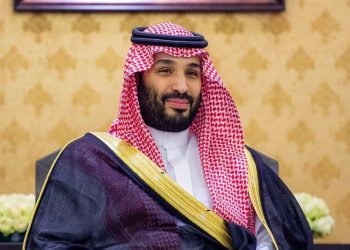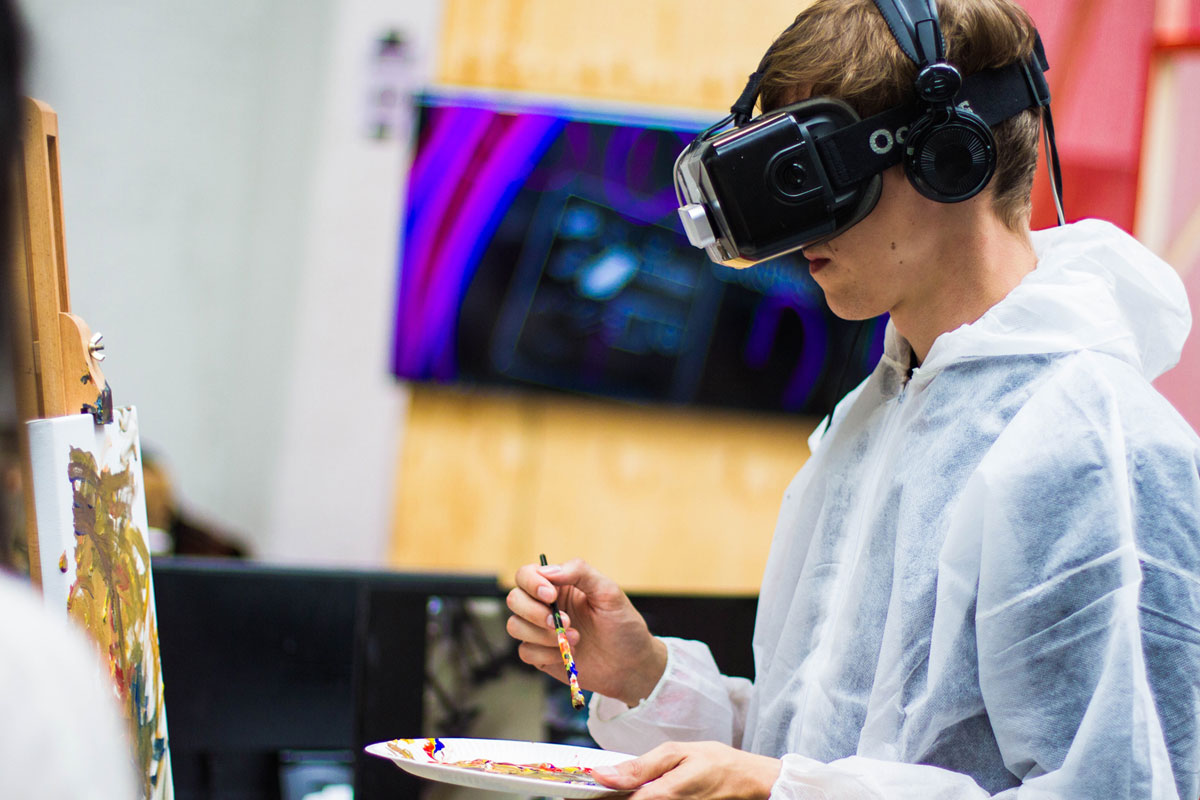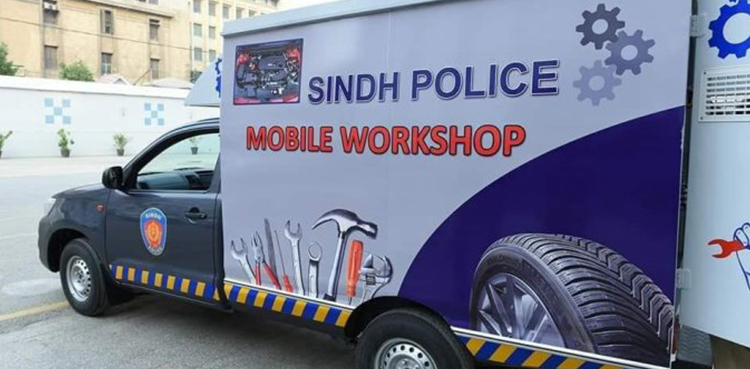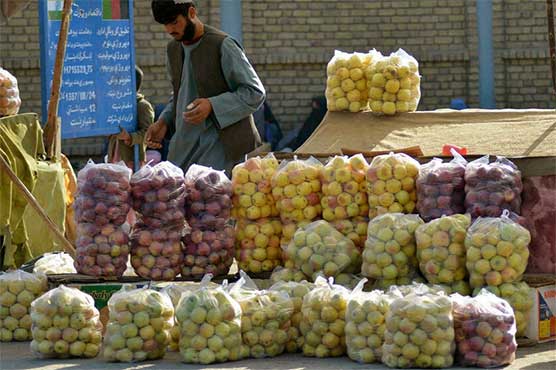Written By: Hassan Daud Butt
As preparations for the 10th Joint Cooperation Committee ( JCC) meeting of the CPEC get into full swing, this year the meeting will be held in an environment where production and distribution systems across the globe have been impacted by the COVID -19 virus and therefore, cooperation within regional partners and global markets is imperative.
In this changing scenario, the meeting will be held in an increased atmosphere of cordiality, friendship, mutual trust, and desire to explore new avenues for cooperation. But as we approach the meeting dates the negative campaign by naysayers will commence maintaining proclivity as has been the pattern in the last seven years since China announced its Belt and Road Initiative (BRI) and Pakistan commenced CPEC.
The most popular and frequently repeated false narrative is around the ‘Debt trap” which I believe has outlived its life.
Under the 9 completed projects and 13 on-going projects, over 70,000 direct jobs have already been created under CPEC and another 450,000 direct jobs could be generated in next 4 to 5 years which mainly depends on commencement of the SEZ’s and Gwadar Free Trade Zone.
Despite COVID -19, since the last JCC significant progress has been made on projects under Gwadar with the port becoming operational for Afghan transit trade, the first fishing vessel with 200 tones cargo arriving on 20th November, IA/PPA for 300 MW power plant in the final stage of the process, work on Gwadar airport and vocational center starting and that of connecting the port to the Coastal highway through the East Bay expressway nearing its completion and more importantly, new investors registering in the free zone creating new opportunities for local employment.
Since the start of development work in Gwadar, its opponents have been critical of the progress as is now the case for the ML-1 project where the foes know that it is another game-changing project which will transform the way we do travel and trade.
During past two years, teams led by experts from both sides have worked meticulously on the technical details of the project bringing results through out of box solutions including for financing, incorporating new technology and discussion of extension beyond Peshawar.
The most interesting benefit will be for the engineering universities providing necessary HR for the project. This is bound to bring about a major change in plans for regional connectivity linkages, improving tourism, transfer of knowledge and technology besides developing rural-urban synergy in the country which is leading towards true inclusive growth.
The impact of such development initiatives will transform Pakistan into a better place for foreign investors. ML-1 project will be another manifestation of the time-tested friendship between the two iron brothers like the one demonstrated during the construction of KKH.
On the Industrial cooperation front, the challenge will be to attract investment that brings export-led industry with new technology and support import substitution at a time when economies are getting insulated as an immediate response to the pandemic and investors are becoming risk-averse.
Pakistan on its part is working on policies favorable to market transactions, such as being open to foreign direct investment, protecting property rights to encouraging entrepreneurship, and promoting sustainable knowledge investment.
With Rashakai, Dhabheji and Faisalabad SEZs all set for starting development work, efforts need to be to remove bottlenecks in the banking processes, provision of utilities, and crafting regionally competitive incentive packages spurring growth and employment under the vision of the PM Imran Khan who strongly believes that “CPEC is a great opportunity for Pakistan. CPEC connects Pakistan to China which is one of the biggest markets.” The industrial development is likely to take place in two stages as in the initial stage it is expected that the SEZs will be occupied by labor-intensive industries followed by modern hi-tech industries that will demand workers possess a combination of high tech skills.
In the socio-economic development front both sides are keen to accelerate the progress as the recent natural calamities including pandemic Covid-19 have made us realize that in order to combat the challenges, partnerships need to be strengthened to draw a new normal where harmony can be achieved through economic integration.
In coming years there will be burn centers across major cities of Pakistan. Health care equipment including ambulances are also being provided through Chinese grant and some of the latest technology is coming in vocational training and HEC projects are also going in the same direction by providing virtual training to students.
Under Agriculture JWG, the establishment of a Center of Excellence in the fields of Agriculture, Livestock, Fisheries, and Cotton Research and Establishment of FMD Free Zones are being contemplated.
Action plans in agriculture and oil and gas are also being prepared. Similarly, under the newly established JWG for science and technology host of new initiatives are being discussed for embracing the 4th Industrial revolution (4IR).
As a developing country in transition, Pakistan faces numerous challenges and opportunities in the process of industrialization.
In this process to becoming “Gateway of Prosperity”, CPEC will be confronted by a number of opponents who are aware that the initiative is not only linking Pakistan and China but is also creating new job opportunities, poverty reduction, and development and boost sustainable industrial growth.
In response to this negative narrative, all we have to do is to echo Mr. Zhao li Jian Spokesman & DDG, Information Department, Foreign Ministry, China who recently stated that “any attempt to sabotage the China-Pakistan Economic Corridor (CPEC) project would not succeed”.













































